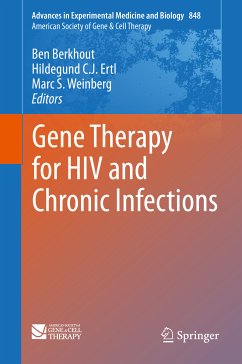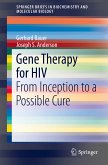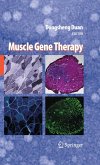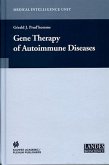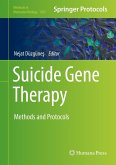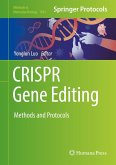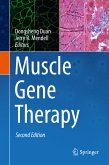This volume examines gene therapy and gene transfer approaches to preventing or treating chronic virus infections, focusing on the Big Three viral pathogens- HIV, hepatitis B virus (HBV), and hepatitis C virus (HCV). It explores molecular antiviral strategies, including RNA interference, aptamer-siRNA chimeras, U1i interference, editing CCR5, alternative genetic vaccination by intramuscular gene transfers of virus vectors, and HIV latency in the context of non-coding RNA. This title is a volume of the American Society of Gene and Cell Therapy, a sub-series of the highly successful Advances in Experimental Medicine and Biology. In eleven illustrated chapters, leading international researchers contextualize the structure, operation, and impact of pathogens; examine the existing genetic and molecular research; and extract possible methods of preventing and treating chronic viral infections while evaluating the current body of knowledge.
Authoritative and multifaceted, Gene Therapy for HIV and Chronic Infections is an ideal guide for researchers in the fields of gene therapy and immunology interested in expanding their knowledge on how to design an effective gene therapy against a viral pathogen.
Dieser Download kann aus rechtlichen Gründen nur mit Rechnungsadresse in A, B, BG, CY, CZ, D, DK, EW, E, FIN, F, GR, HR, H, IRL, I, LT, L, LR, M, NL, PL, P, R, S, SLO, SK ausgeliefert werden.

